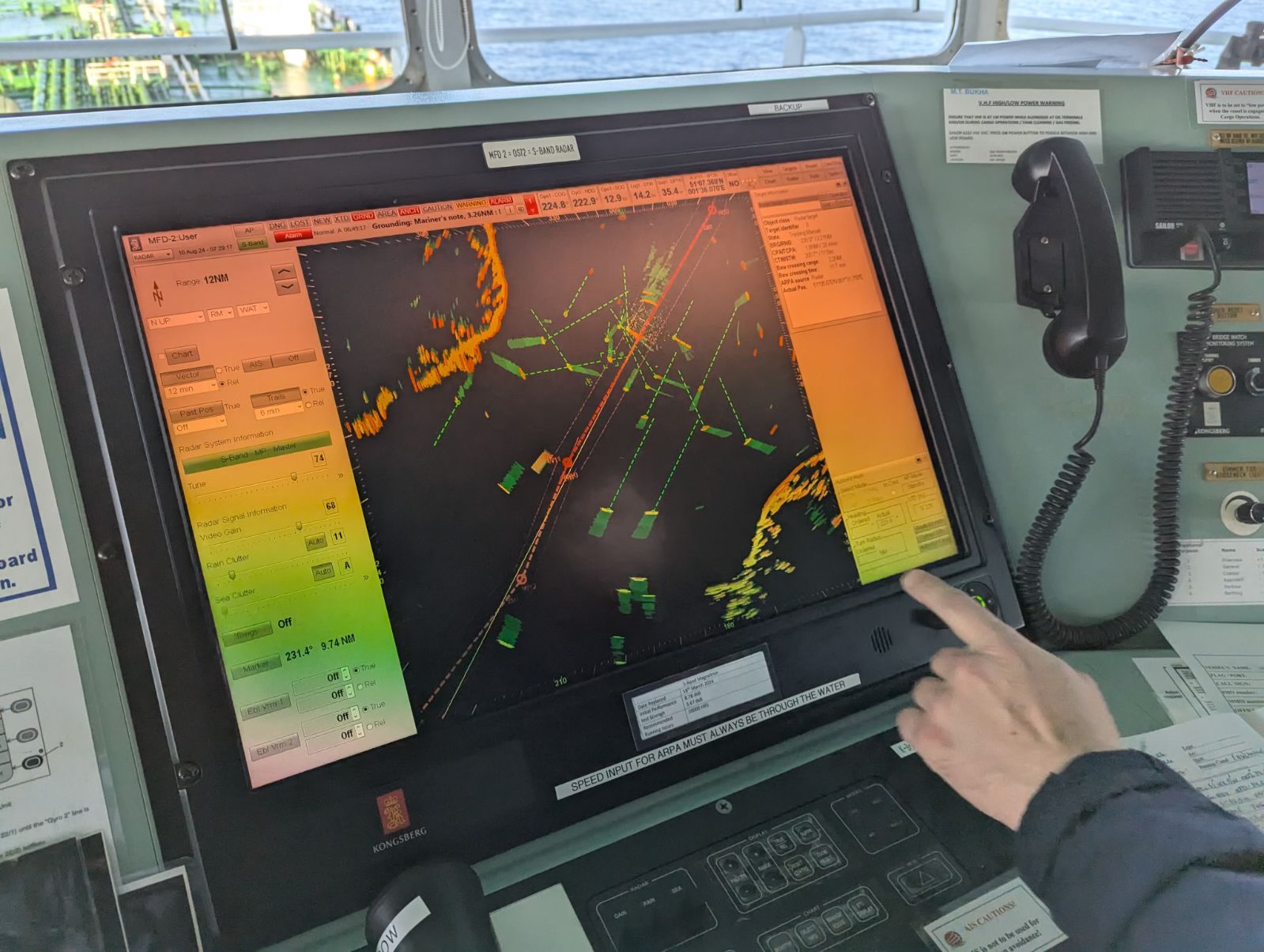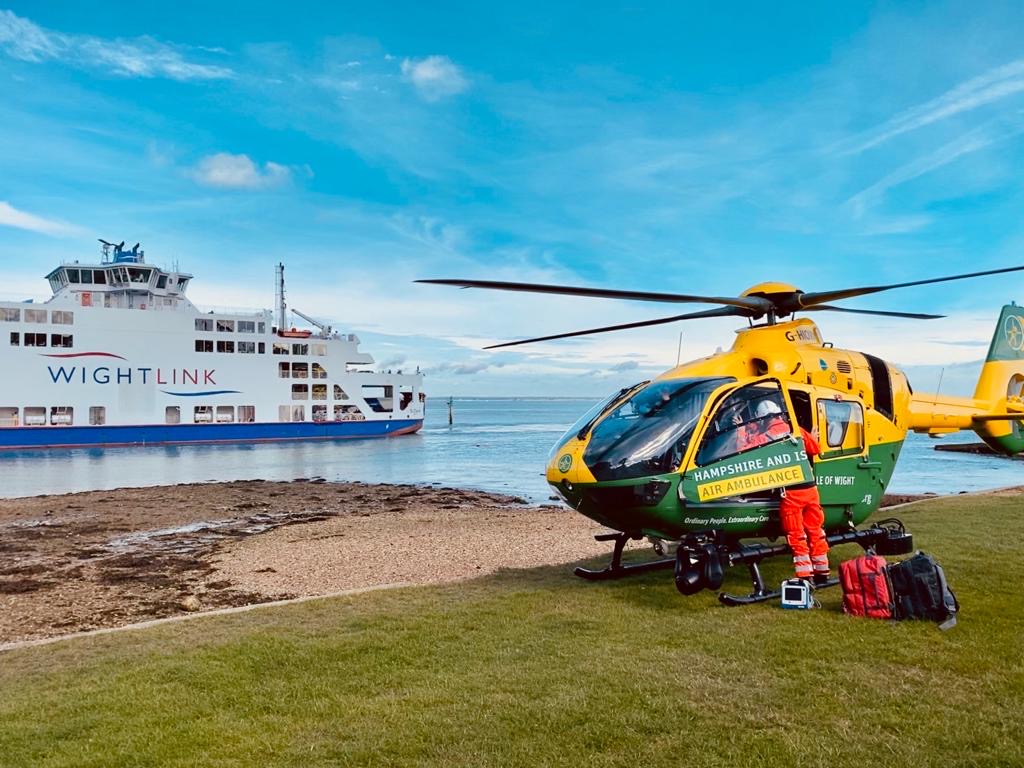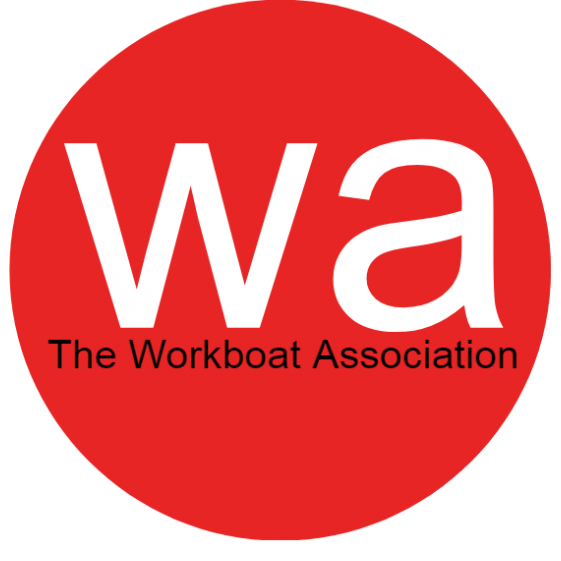Can intelligent innovation boost visibility, build trust and grow the marine services sector? Vik Bharat, director at Vessconn’s Maritime Ltd, shares his thoughts with Maritime Journal subscribers and Seawork Members.
Benjamin Franklin famously said, “Time is money.” Tyrone Butler, my friend and a business coach, flipped it to “Money is time,” because every minute saved or lost has a real financial impact. In the fast-paced world of marine business, these words couldn’t be truer: where every moment counts toward trust, growth, and success, move fast, stay sharp, or get left at the dock.
Imagine the early morning fog rolling into Portsmouth Harbour as a cargo workboat drifts unnervingly close to a dimly lit quay – its main fuel pump has just failed, and every passing minute could cost thousands in delays.
Meanwhile, along the Solent, a family readies their weekend escape on a gleaming leisure cruiser, only to discover they must still track down a refuelling station that meets new emissions rules.
And just off the Isle of Wight, a gathering of yacht aficionados awaiting a sunset soirée faces the same dilemma: where to locate reliable, regulation-ready services without wading through pages of outdated directories?
In an industry as vast and vital as maritime, choosing the right service providers shouldn’t rely on gut instinct or word of mouth.
Whether it’s for routine maintenance, emergency repairs or regulatory compliance, making the right call at the right time can be the difference between smooth sailing and costly delays. Yet too often, these decisions are shaped by outdated contacts, limited visibility or subjective impressions.
The hidden hazards of fragmentation
The UK maritime services sector landscape is an economic powerhouse, supporting commercial workboats, leisure vessels and luxury yachts alike.
Yet beneath this success exists a fragmentation of directories, pay‑to‑play listings and word‑of‑mouth referrals. Traditional methods have forced owners and operators into a fragmented reality:
Time-cost trade-off: Calling dozens of suppliers consumes precious voyage windows and holiday plans. Every hour spent searching is an hour of downtime, which directly leads to lost revenue.
Compliance quicksand: With net-zero targets and stringent ESG mandates, operators must vet every service (fuel, maintenance, crew training) for both quality and environmental credentials. A single negligence and you can expect hefty fines, reputation damage or operational delays.
SME visibility void: Many small and medium-sized service providers, often pioneers of green technologies like bio-based hull paints, shore-power electrification or digital maintenance tracking, struggle to get noticed. Lacking big marketing budgets, they are buried in traditional listings, with little opportunity to showcase innovative credentials or customer success stories.
Typically, operators of workboats or yachts rely on multiple established procurement tools, each effective in its own domain. However, this fragmented approach creates major challenges: poor system integration, hidden operational costs and lost context across platforms. As a result, employees are stuck constantly switching between applications, leading to reduced productivity and mounting frustration.
The solution: A smart, unified AI-driven digital framework
As global supply chains grow more complex and competitive, the need for a fair, transparent and data-informed approach to evaluating and selecting marine service providers has never been greater. What the sector needs now is not just innovation, but inclusion.
“A digital shift that empowers smaller providers is no longer optional – it’s essential.”
Early adopters of a smart, unified web-based platform for maritime services will gain a clear competitive edge. Imagine a digital hub where workboat skippers, yacht captains and weekend boaters alike can instantly discover vetted providers, check real-time availability and book trusted services, without the uncertainty. A place where performance speaks louder than profile, and where data replaces guesswork.
“Performance should speak louder than profile – and data should replace guesswork.”
In a world shaped by evolving regulations, sustainability demands and rising service expectations, maritime operators need more than a directory, they need a digital compass. One that delivers unbiased recommendations, detailed customer feedback and transparent performance insights providing end-to-end intelligence at the click of a button.
Beyond directories: Building a sustainable ecosystem
Investing in this kind of digital solution goes far beyond replacing web listings or a phone book directory. A unified marine services marketplace would fundamentally transform the industry. It would:
- Drive efficiency: Streamlined workflows would slash administrative overheads and eliminate guesswork from finding suppliers. Booking an emergency repair or routine inspection becomes as easy as tapping an app.
- Amplify sustainability: By spotlighting top-rated, ESG‑compliant vendors, the platform itself becomes a lever for industry-wide decarbonisation. Service providers with greener credentials rise to the top, nudging the entire supply chain toward cleaner practices.
- Foster innovation: Data-driven insights could reveal service gaps and emerging needs, guiding R&D and investment to the most impactful solutions. Trends in user searches and reviews would highlight opportunities for new technologies and services.
- Boost economic growth: Small businesses gain visibility nationwide, while operators save costs through competition and transparency. The overall sector becomes more competitive on the global stage, supporting jobs and growth in coastal communities.
The time is now
The UK’s Clean Maritime Plan and net‑zero 2050 commitments have made sustainability a non-negotiable priority. At the same time, the rapid pace of digital transformation in global shipping means that delaying the shift to a connected, transparent marketplace risks leaving UK maritime businesses behind.
The ability to assess supplier performance consistently and fairly is fast becoming a competitive advantage, especially as the sector embraces digital transformation.
What the sector needs now is a digital shift: a system that empowers smaller and regional providers with the visibility they deserve, while enabling users to assess compliance, capability and performance with confidence and processes that deliver truly responsive experiences, unbiased recommendations and access to in‑depth reviews, business spotlights and a community service that fosters peer-to-peer support, knowledge sharing and collective problem solving.
By embracing this next generation of marine service platforms, we can steer the industry towards greater efficiency, transparency, and sustainability, unlocking the full potential of our commercial, leisure, and luxury waterways.
One line crux? Imagine needing a specialist engineer at short notice: you spend hours calling round marinas, checking uncertain availability, and comparing rates. The result? Downtime for commercial vessels, scratched holiday plans for leisure boaters, and frustration all around.
The lesson: Time is money and money is time, and in a sector defined by tight schedules and slim margins, inefficiency translates directly to lost revenue.



